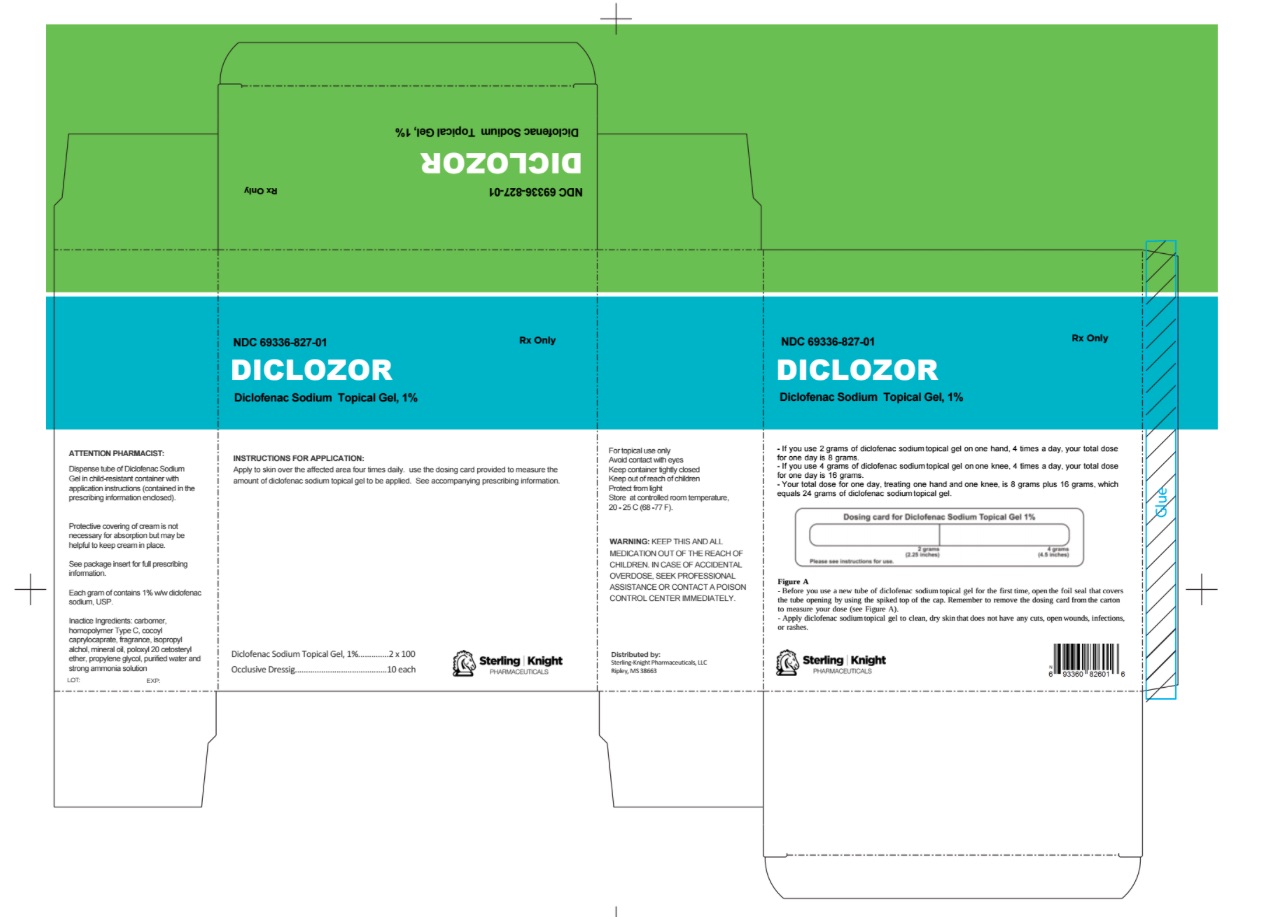Diclozor | Diclofenac Sodium Gel while Breastfeeding

What is Diclozor | Diclofenac Sodium Gel used for?
Diclozor | Diclofenac Sodium Gel while breastfeeding safe or not? Can there be any side effects for infant while using it during breastfeeding?

Diclozor | Diclofenac Sodium Gel Breastfeeding Analsys
Diclofenac sodium while Breastfeeding
SafeCAS Number: 15307-86-5
High plasma protein binding makes excretion into breast milk to be very low. Because the latter and a rapid elimination rate it is considered to be compatible with breastfeeding.
Diclozor | Diclofenac Sodium Gel Breastfeeding Analsys - 2
Diclofenac sodium while Breastfeeding
CAS Number: 15307-86-5
Data on excretion of diclofenac into milk are poor, but the drug has a short half-life and little glucuronide metabolite formation. Most reviewers consider diclofenac to be acceptable during breastfeeding.[1][2][3][4] Other agents having more published information may be preferred, especially while nursing a newborn or preterm infant. Maternal use of diclofenac eye drops would not be expected to cause any adverse effects in breastfed infants. To substantially diminish the amount of drug that reaches the breastmilk after using eye drops, place pressure over the tear duct by the corner of the eye for 1 minute or more, then remove the excess solution with an absorbent tissue.
What if I already have used Diclozor | Diclofenac Sodium Gel?
As usage of Diclozor | Diclofenac Sodium Gel is mostly safe while breastfeeding hence there should not be any concern. In case of any change in behavior or health of your baby you should inform your health care provider about usage of Diclozor | Diclofenac Sodium Gel else no further action is required.
I am nursing mother and my doctor has suggested me to use Diclozor | Diclofenac Sodium Gel, is it safe?
Definitely, Diclozor | Diclofenac Sodium Gel is safe in lactation for baby. No wonder your doctor has recommended it.
If I am using Diclozor | Diclofenac Sodium Gel, will my baby need extra monitoring?
No extra baby monitoring required while mother is using Diclozor | Diclofenac Sodium Gel
Who can I talk to if I have questions about usage of Diclozor | Diclofenac Sodium Gel in breastfeeding?
US
National Womens Health and Breastfeeding Helpline: 800-994-9662 (TDD 888-220-5446) 9 a.m. and 6 p.m. ET, Monday through Friday
UK
National Breastfeeding Helpline: 0300-100-0212 9.30am to 9.30pm, daily
Association of Breastfeeding Mothers: 0300-330-5453
La Leche League: 0345-120-2918
The Breastfeeding Network supporter line in Bengali and Sylheti: 0300-456-2421
National Childbirth Trust (NCT): 0300-330-0700
Australia
National Breastfeeding Helpline: 1800-686-268 24 hours a day, 7 days a week
Canada
Telehealth Ontario for breastfeeding: 1-866-797-0000 24 hours a day, 7 days a week
